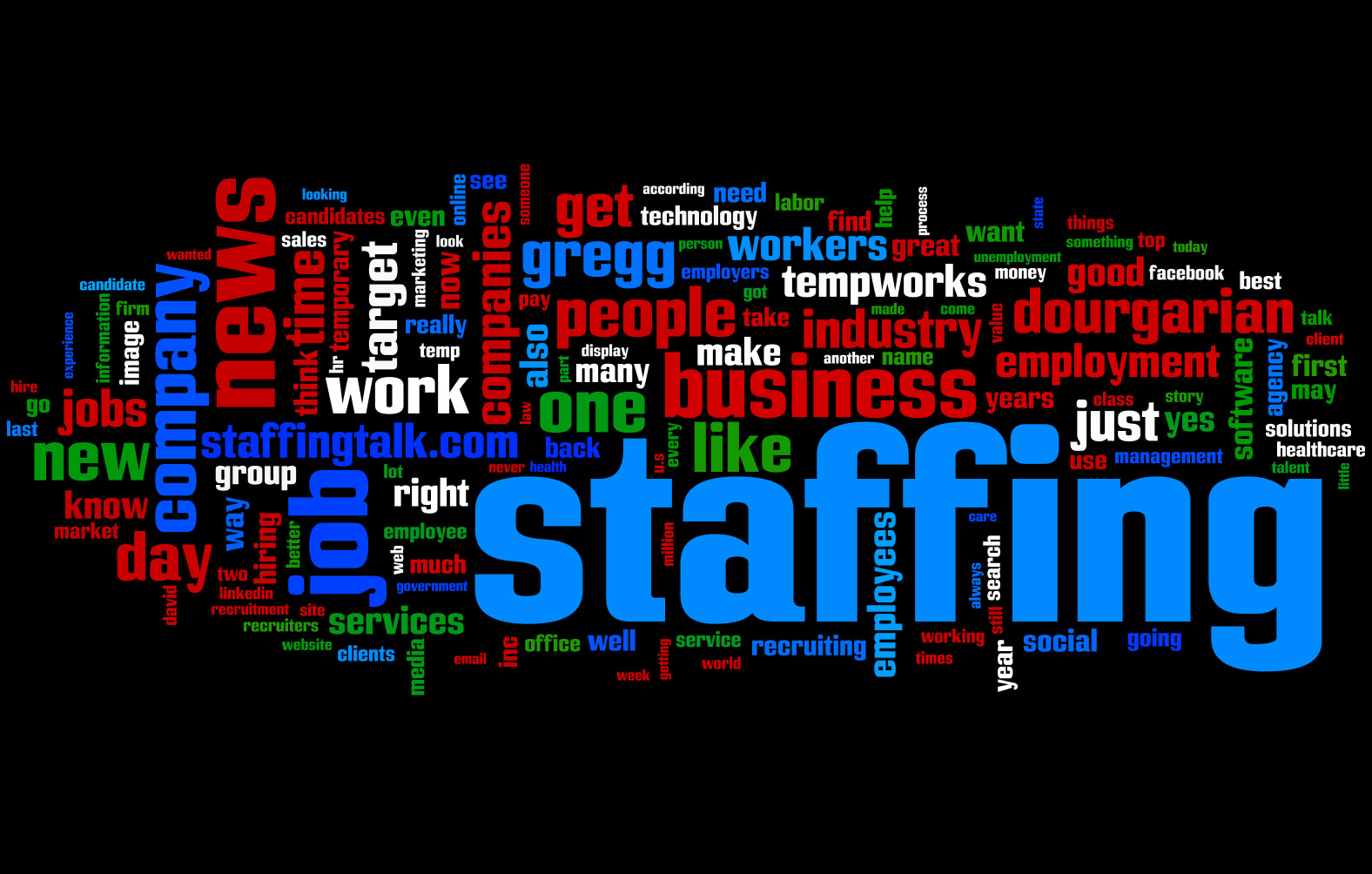In the Nineties, a nifty little web site design tool called FrontPage Express brought a whole generation of small businesses on to the web. It was strictlyWYSIWYG — What-You-See-Is-What-You-Get — and there was not a lot of elegance to it. But it worked, it was easy, and it made the development and updating of a web site simple for accounting firms that didn’t want to spend mega-bucks on a custom design. Microsoft followed this with a spectacular little tool called FrontPage, which for several years expanded on this platform.
Then they killed it dead as a doorknob and told small businesses to take a hike.
I’ve spent the better part of two years looking at the various “replacement” technologies, and for me it comes down to this: I’m going to dust off my FrontPage 2003 CD, reinstall it, and pray that my web hosting service continues to support it. Which they will, because they are as unhappy with Microsoft’s new platforms as I am. Why am I so unhappy with Microsoft’s more recent offerings? Three reasons:
They are designed for professionals, not small business. You don’t have to have a Ph.D. in astrophysics to operate Microsoft Expressions Web, but close to it. Stung by criticisms that FrontPage produced web sites that are not compliant with web standards, they went to the extreme with their “replacement” product. The result is a steep learning curve and a complex piece of software.
Worse yet, they are obviously pushing to make this a proprietary platform. The overhead required to run an expressions web site is hefty, and the requirements for all of the Visual Studio stuff is nearly as bad. In case they have not noticed, most businesses could care less about implementing SharePoint and .Net architectures.
What all of this means is the third point — Microsoft is making the classic error of chasing the hundred or so major entrprises, while leaving the tens of thousands of other businesses in the dust.
Which brings me to the subject of FaceBook. Yes, I have a page there. No, I do not want to be your Friend. And I wouldn’t be caught dead in Farmville. But an enormous number of small businesses have taken to FaceBook for their web presence. On the minus side, Facebook is difficult to search, regularly tries to invade the privacy of its users, has no visible business model and is subject to viruses and trojans. On the plus side, FaceBook is simple, fun and easy to update. It does the job without paying a designer thousand of dollars, having a massive IT staff on hand or even knowing a whole lot about web design.
That’s a lesson that companies like Microsoft ought to be paying attention to, but are not. And that is surprising, because Microsoft is trying to offer such a service on its Office Live Small Business pages. The hitch is that you have to host with Microsoft, which is not always possible for an accounting firm that may have clients in the web hosting business. The point is that if Microsoft can make such simple tools available for their own purposes, why can’t they add a similar application to Office?
I know, you can save Word, PowerPoint and Publisher pages to HTML and publish them to the web, but spare me the pain. I’d rather slam my hand in a car door than try to design a web site in Publisher. Worse yet, the new Office 2010, due for release this month, drops the web publishing tools from Publisher altogether (though you can still edit and update existing pages).
Trapped between FaceBook, with its rigid designs and colors; and Microsoft Expressions Web/Studio/Whatever, what I most want is to have FrontPage back. I’m tired of having to hand-code changes to HTML, tired of having to have an advanced degree to change a color on my web page, and tired of having developers ignore the small business market.
And you can call me an old codger if you wish, but things really were easier, simpler and better in the good old days of web design, like around 2006.
Thanks for reading CPA Practice Advisor!
Subscribe Already registered? Log In
Need more information? Read the FAQs




